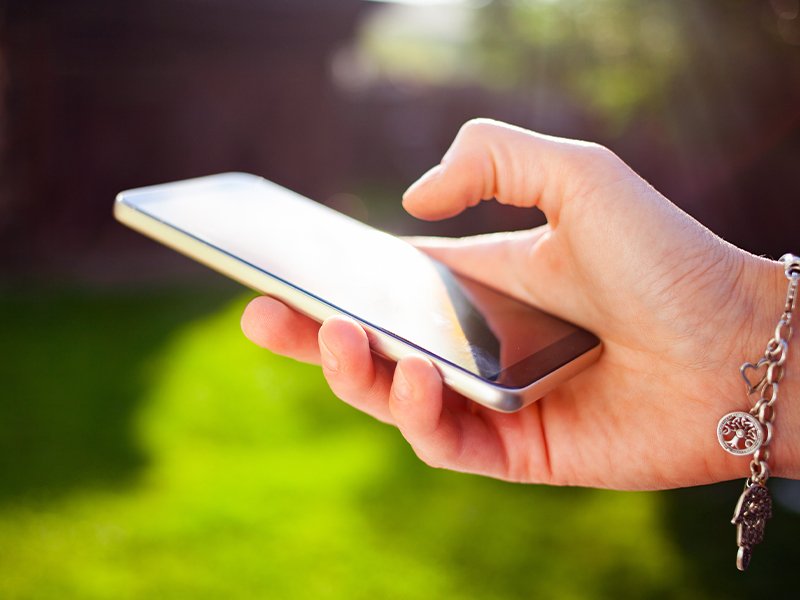The Connection Between Social Media and Eating Disorders
By Timberline Knolls staff, Guest Contributors
Many people turn to social media to stay connected with friends or discover new interests, but as they scroll through their newsfeeds or explore hashtags, they may find that these platforms can sometimes complicate their relationship with food or their body.
Researchers looked at 22 studies over a 10-year period to better understand the connection between social media use and eating disorders. In total, their analysis included a sample of more than 5,000 men and 8,000 women. They found that using social media regularly and for longer periods can increase the chances that a person may struggle with disordered eating behaviors.
But this doesn’t always start in adulthood. A survey of nearly 1,000 adolescents showed that young people who actively use social media are also more likely to have trouble with disordered eating behaviors.
Many factors can influence this risk. The researchers explained that social media culture often encourages users to compare themselves with others, and that can make it hard for a person to feel good about their body. The content people consume on social media can make them feel like they aren’t measuring up, and that can lead to feelings of depression, anxiety, or low self-esteem. If those feelings become too overwhelming to manage, a person might start to exercise excessively or struggle with unhealthy eating patterns.
Other people may turn to social media to find a healthy eating community, but this can sometimes create an unhealthy focus on food and exercise. In fact, in a survey of nearly 700 social media users, researchers found that Instagram users were much more likely to focus on healthy eating so much that it interfered with their daily lives. This intense focus on eating a certain way can be harmful to a person’s social life, physical health, and emotional state.
Using social media doesn’t guarantee that you will develop a negative body image or an eating disorder. But if using social media is harming your mental health, these tips may help:
Be critical – It can be tough to know what’s real on social media because many people use photo- or video-editing tools or post information that might not be accurate. Keep reminding yourself that what you’re seeing or reading might not be authentic.
Choose who to follow – If certain accounts are posting content that feels harmful to your mental health, unfollow or block them. You can also fill your feed with accounts that make you feel joy.
Take regular breaks – Scrolling through your newsfeeds can often feel like a part of your regular routine, but it doesn’t have to be. Give yourself regular breaks from social media so that you have more chances to interact with the world around you.
If you’re still struggling with body image concerns or disordered eating, reach out for professional help. Using social media should be a positive experience, and with the support of experts, you can navigate these platforms feeling more confident and joyful.
About Timberline Knolls
Timberline Knolls is a residential treatment center located on 43 beautiful acres just outside Chicago, offering a nurturing recovery environment for women and girls age 12 and older who are struggling with eating disorders, addiction, trauma, and co-occurring mental health conditions. An adult partial hospitalization program (PHP) is available for step-down and for women to directly admit. By serving with uncompromising care, relentless compassion, and an unconditional joyful spirit, we help our residents and clients help themselves in their recovery. For more information, visit www.timberlineknolls.com.

